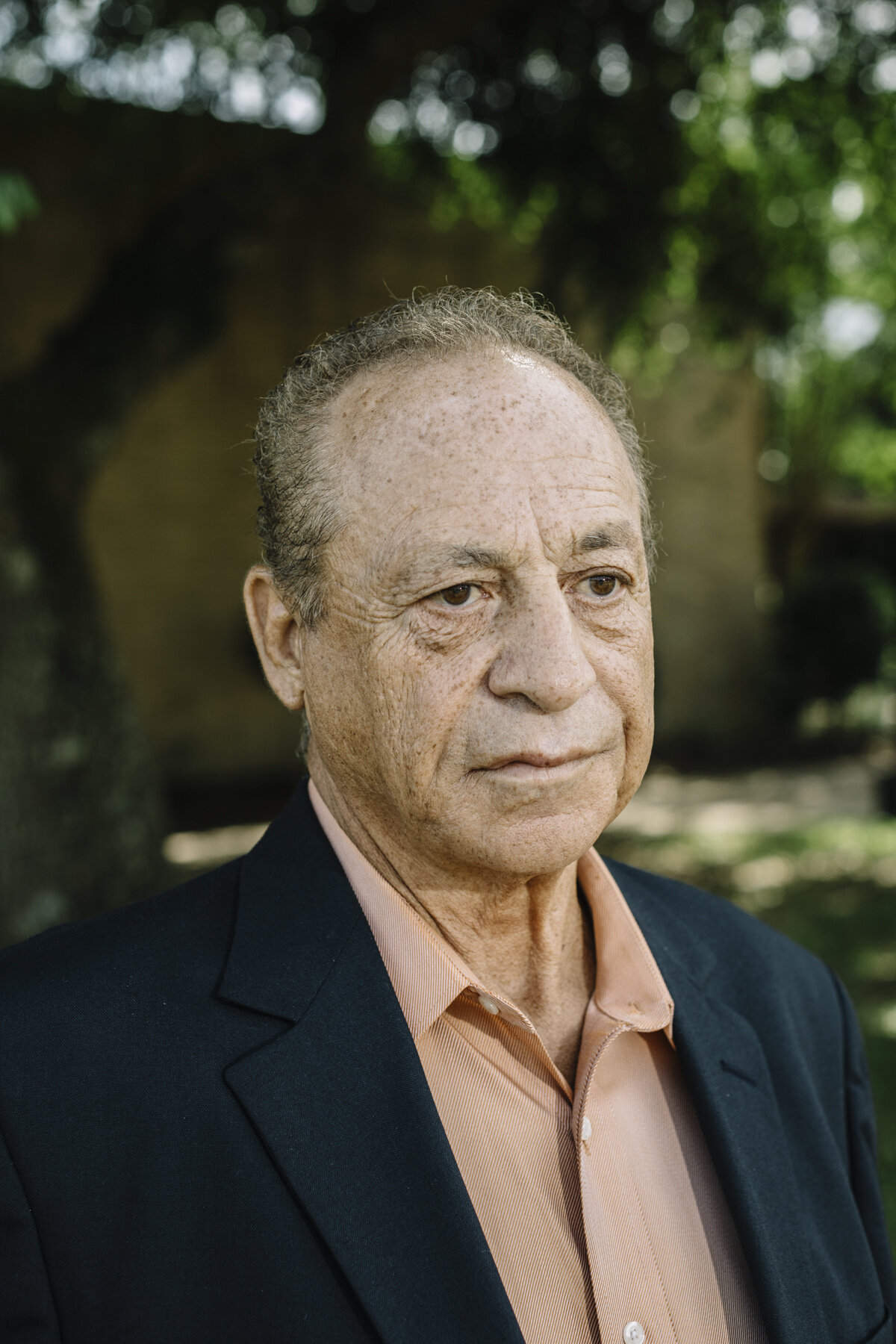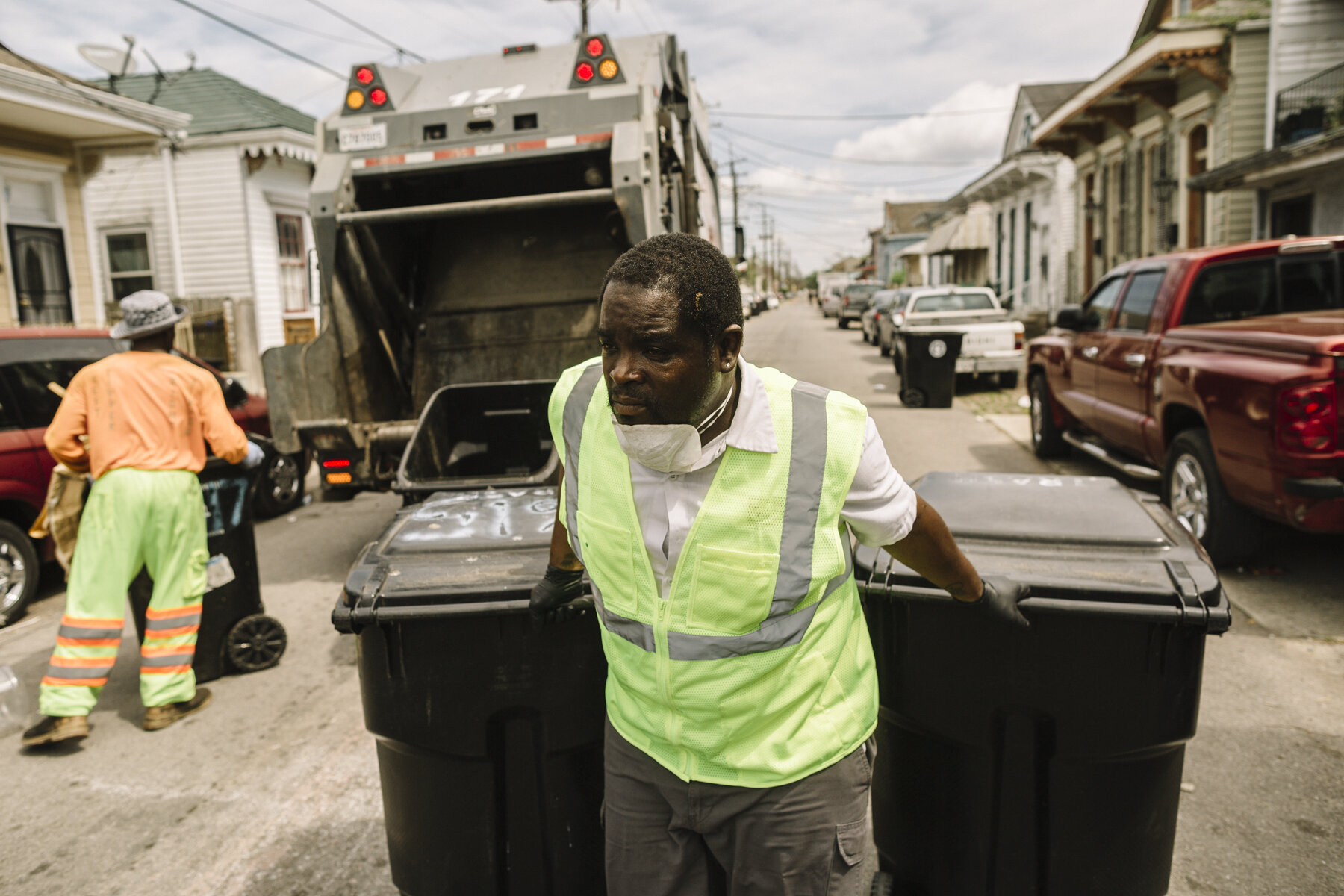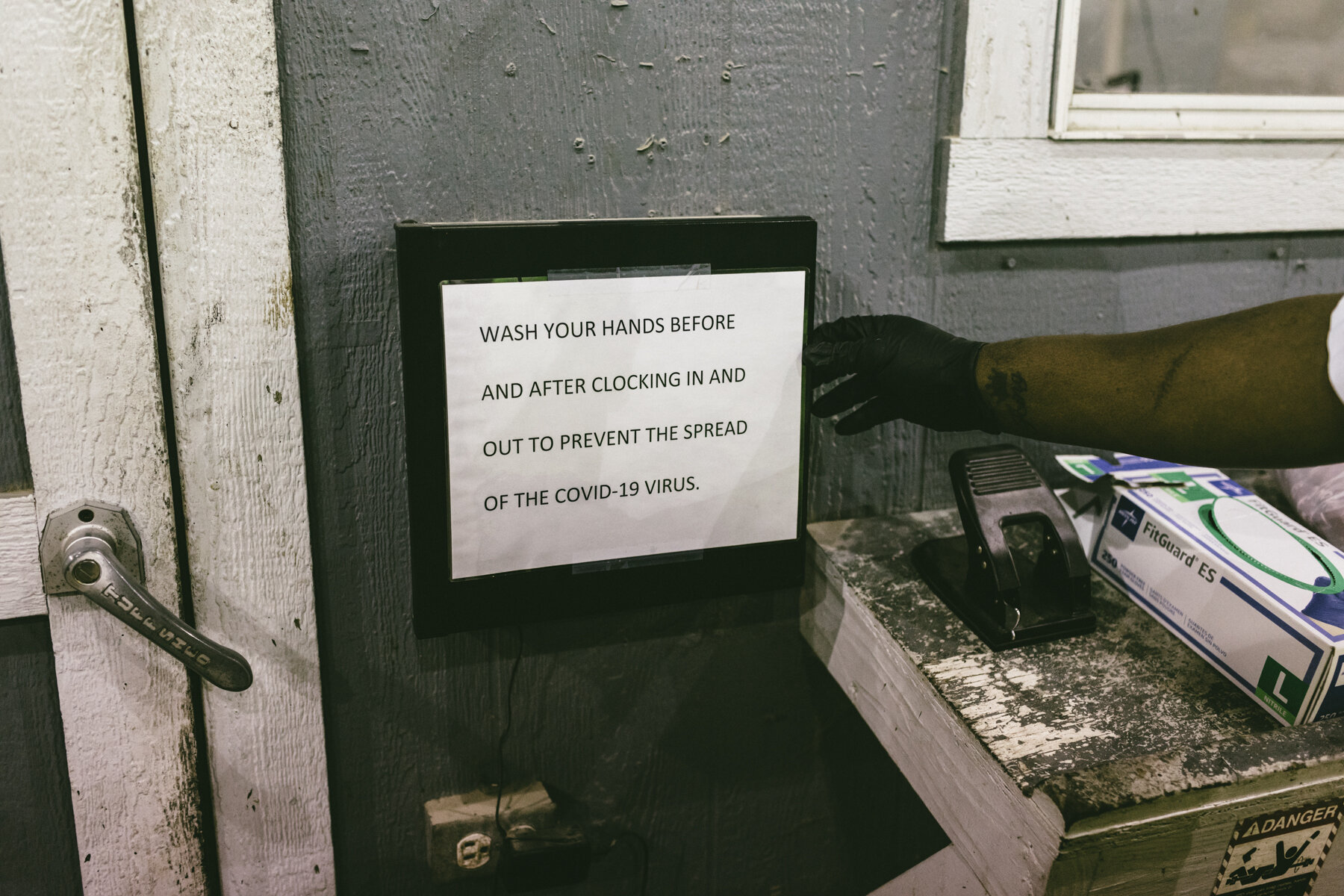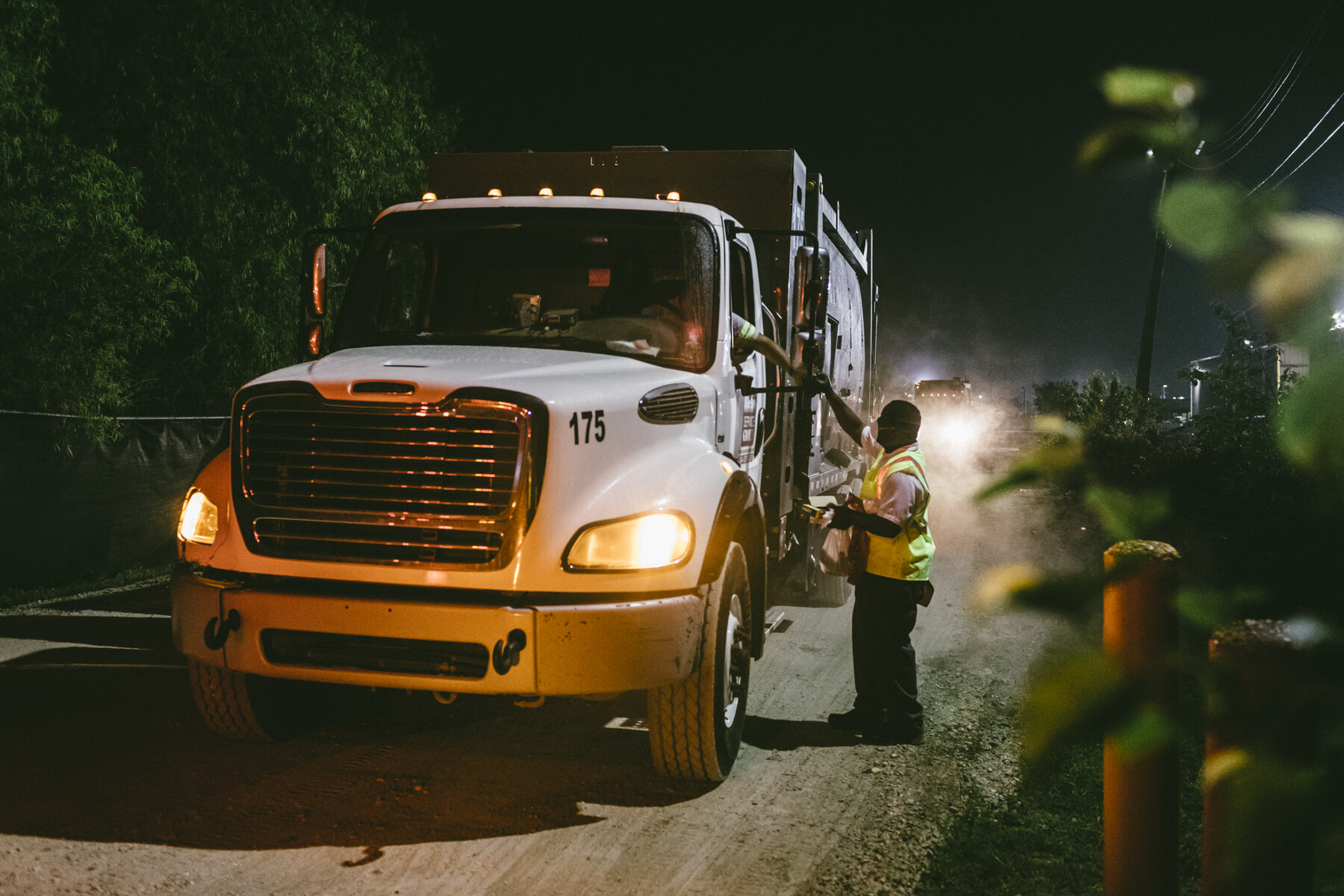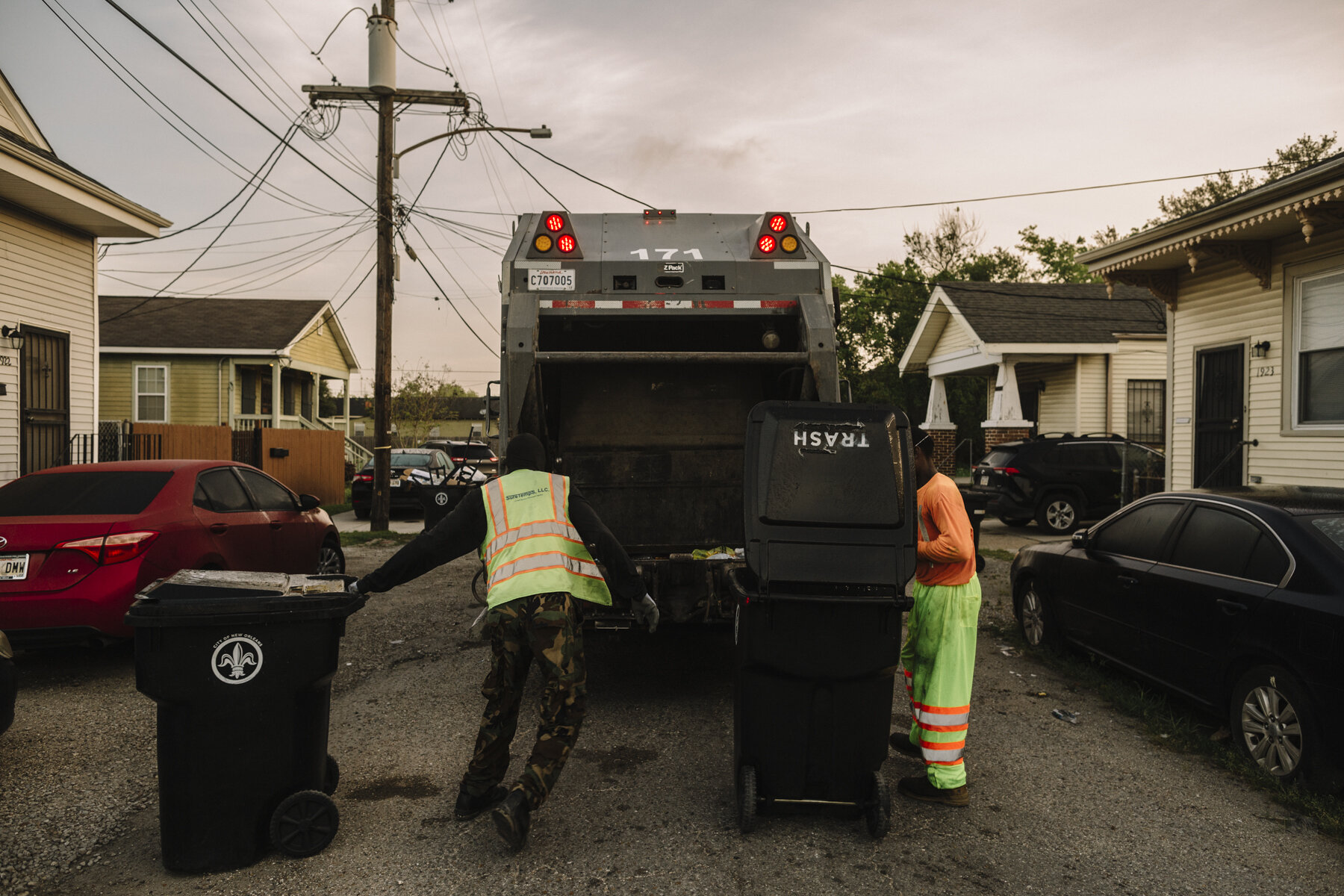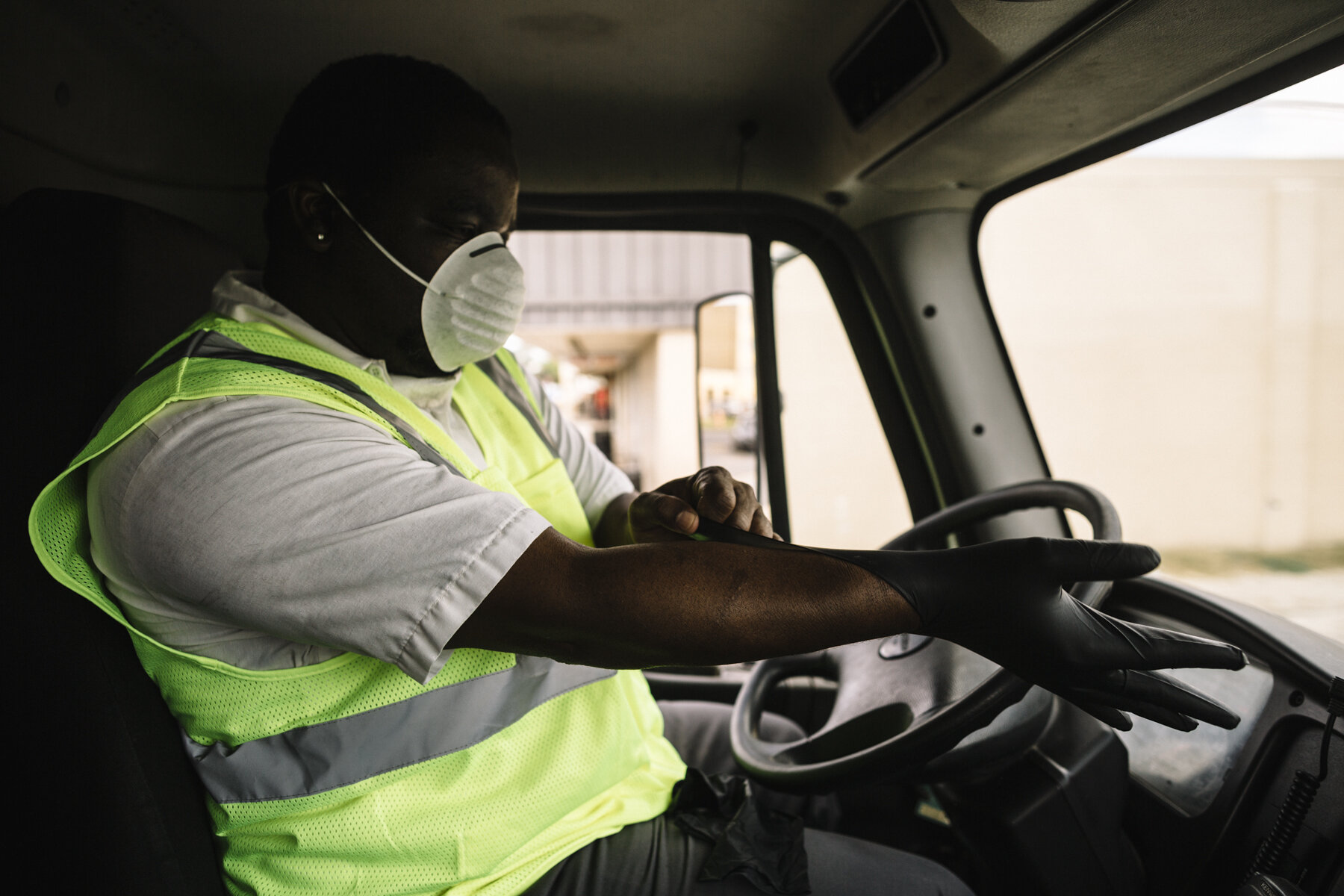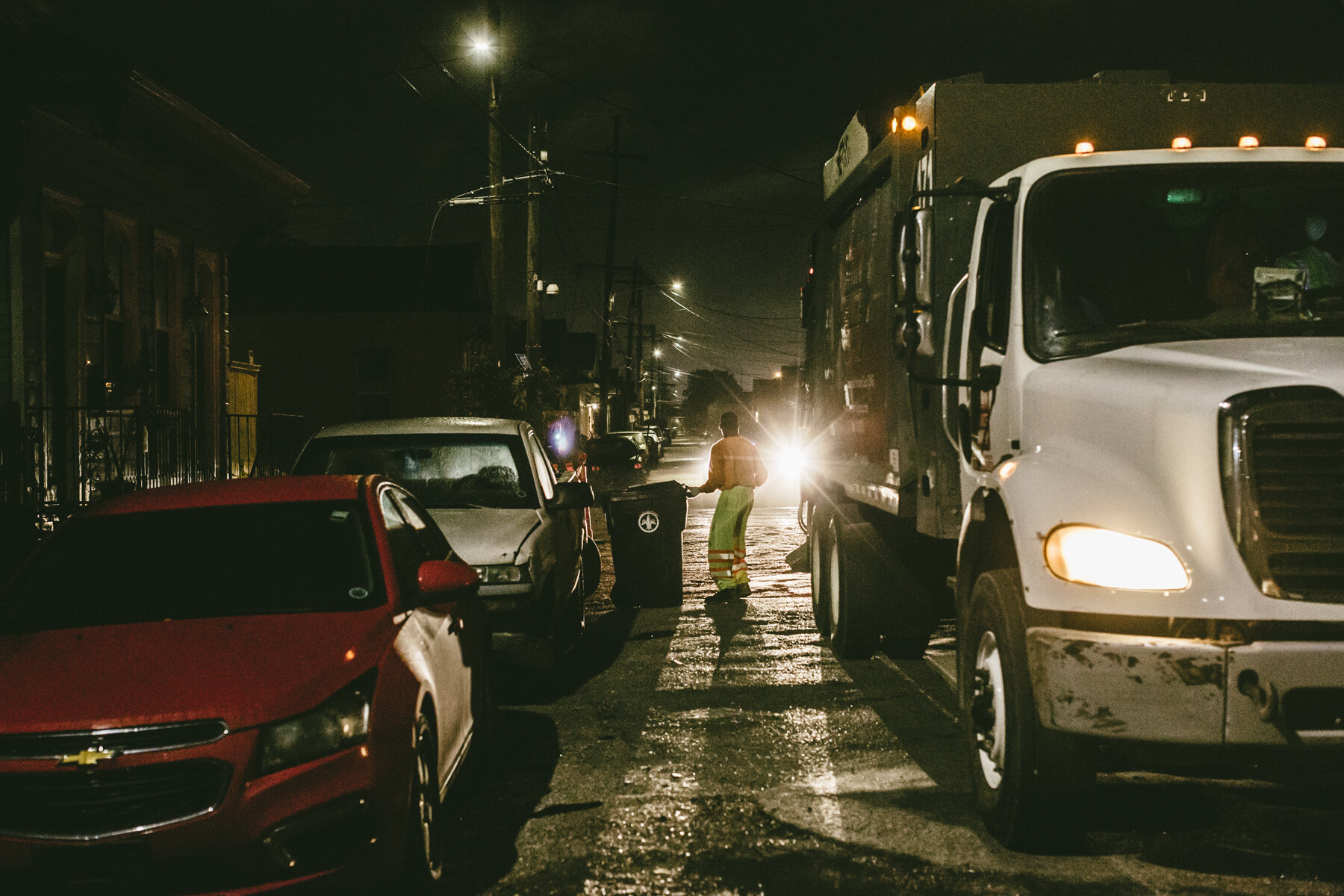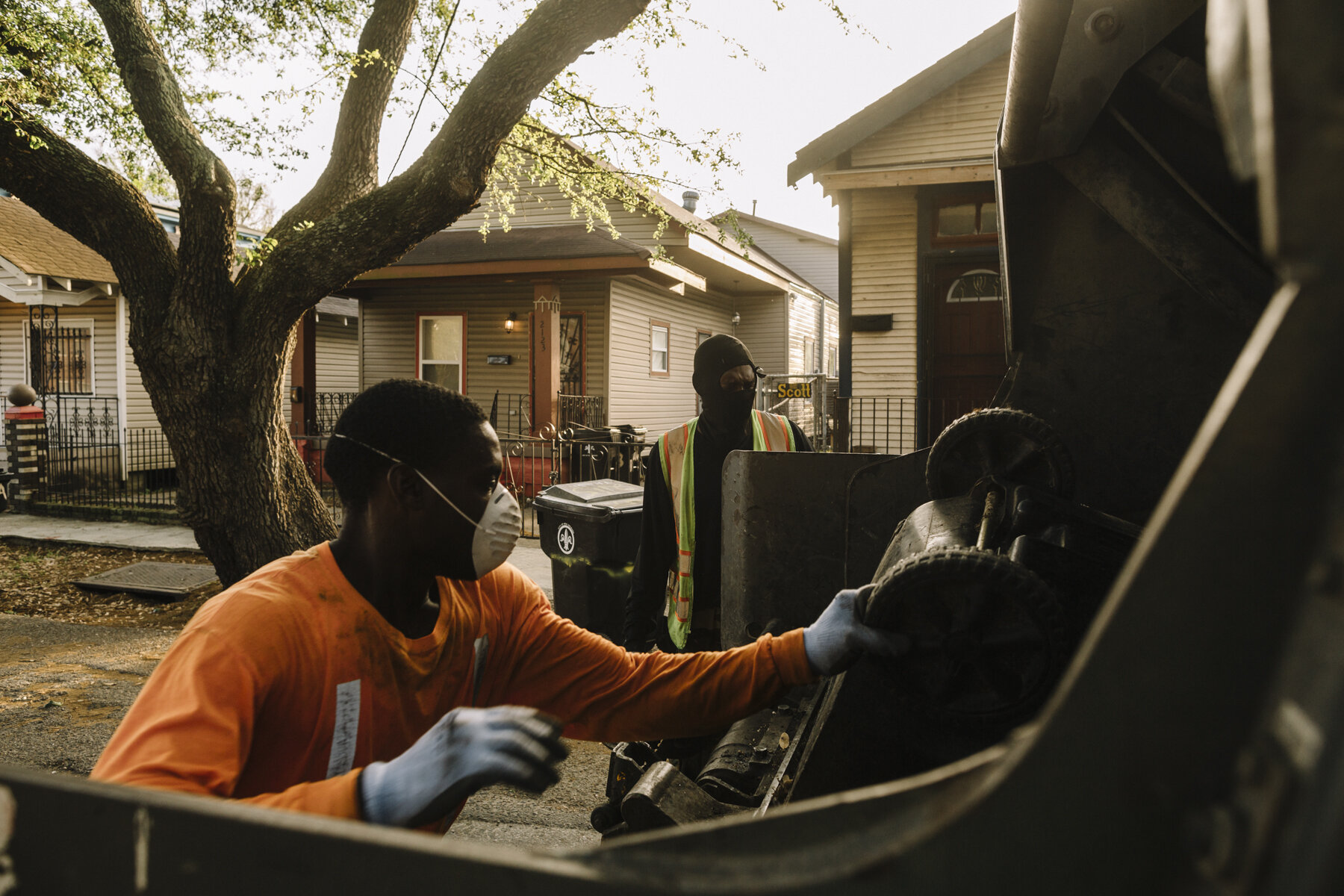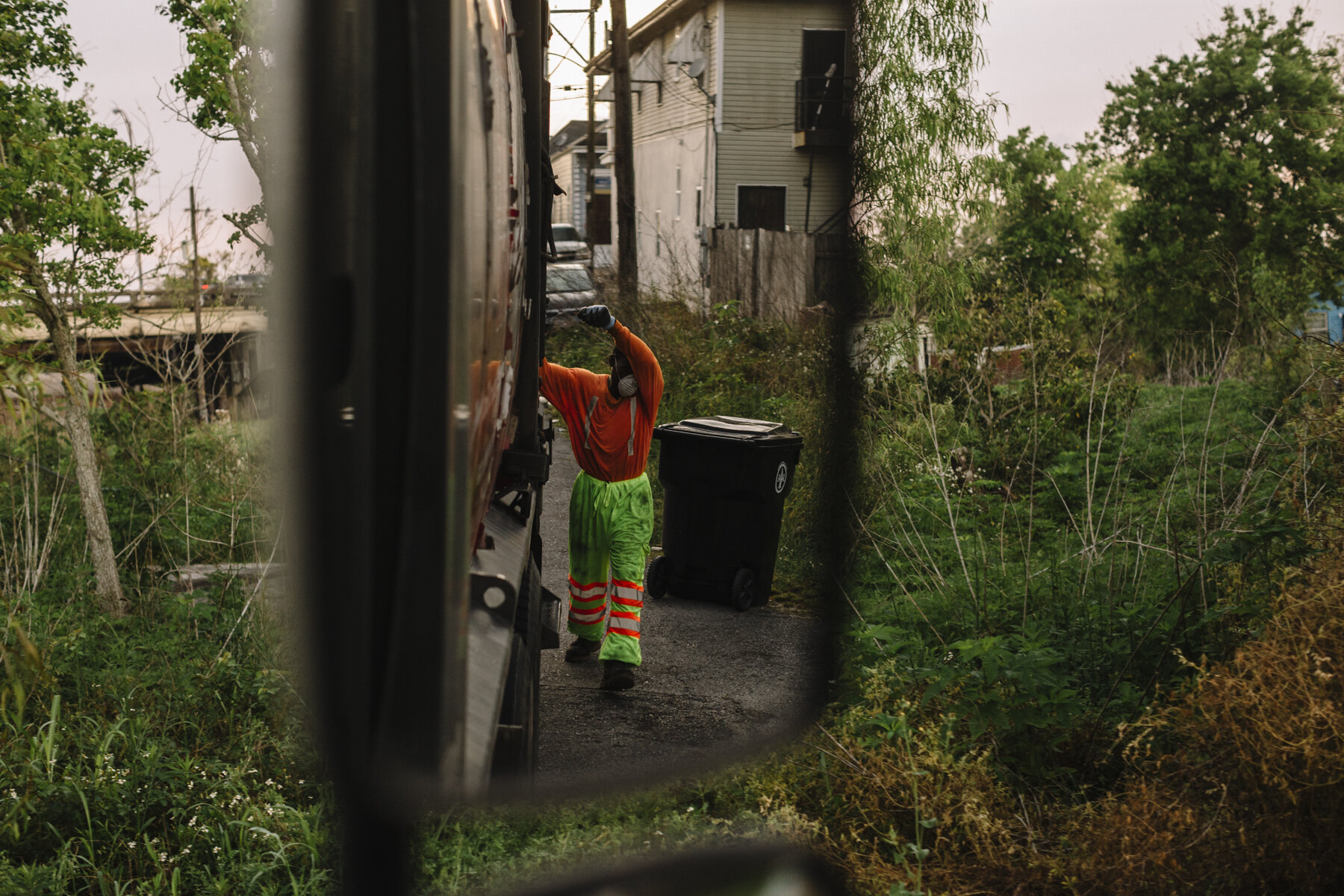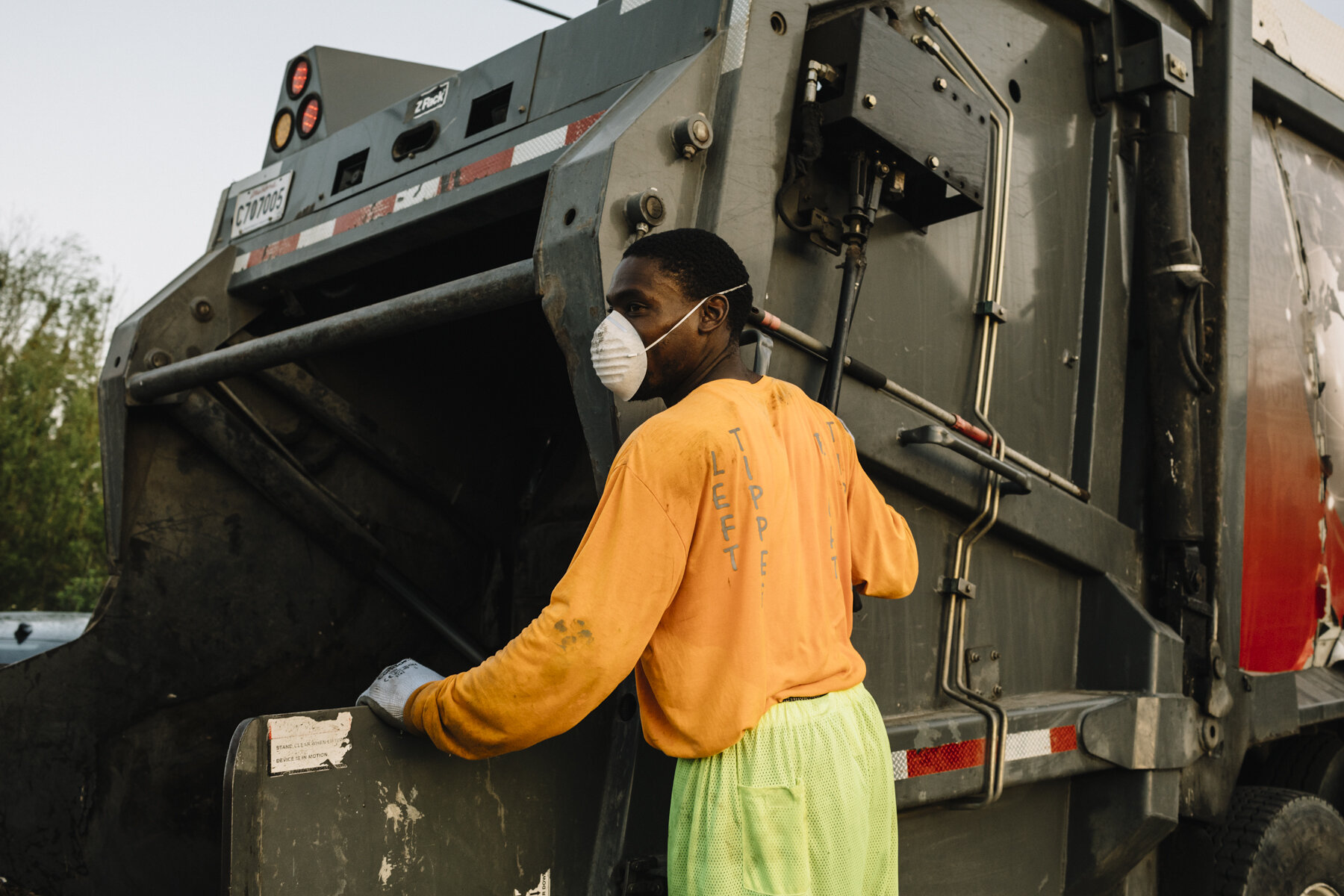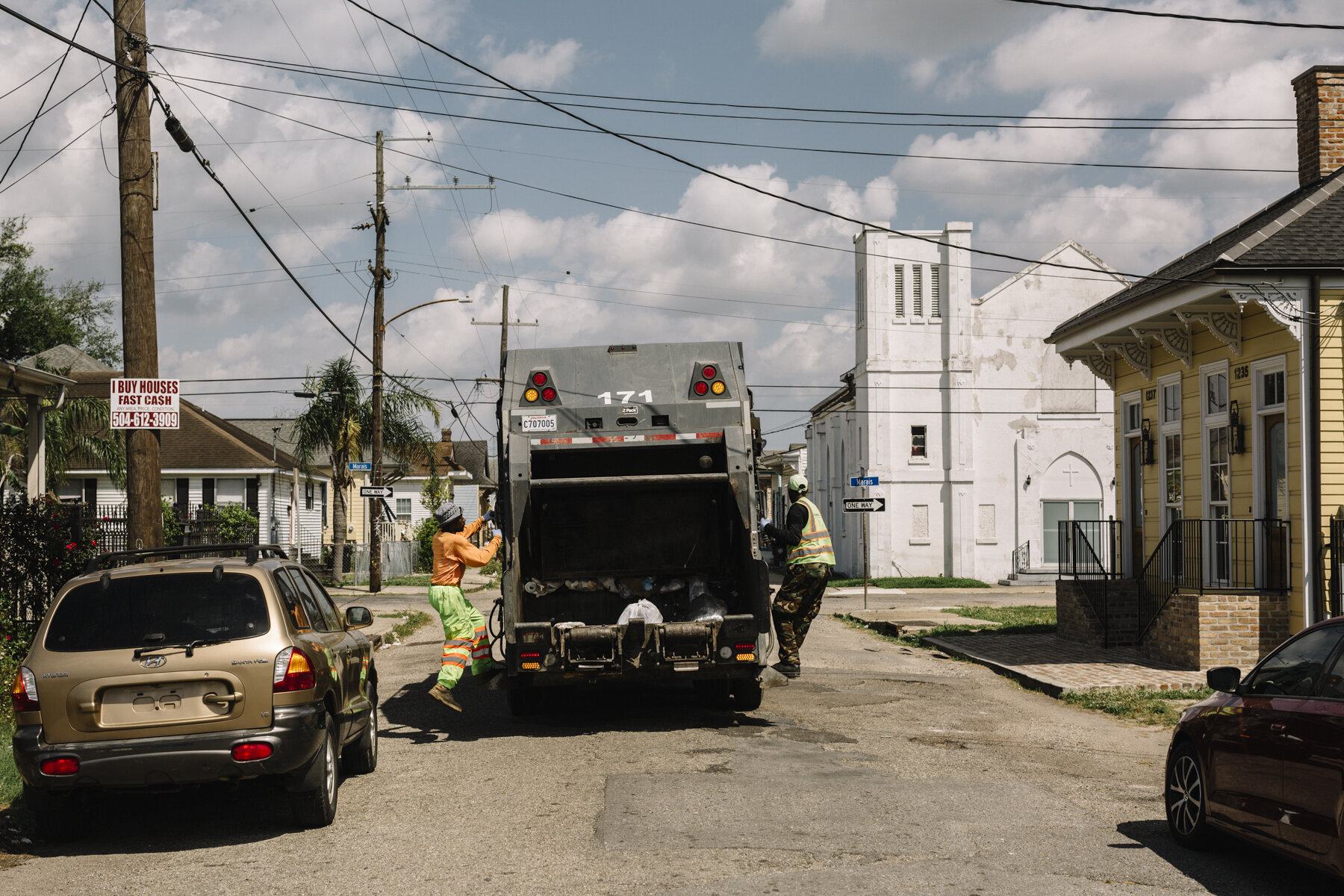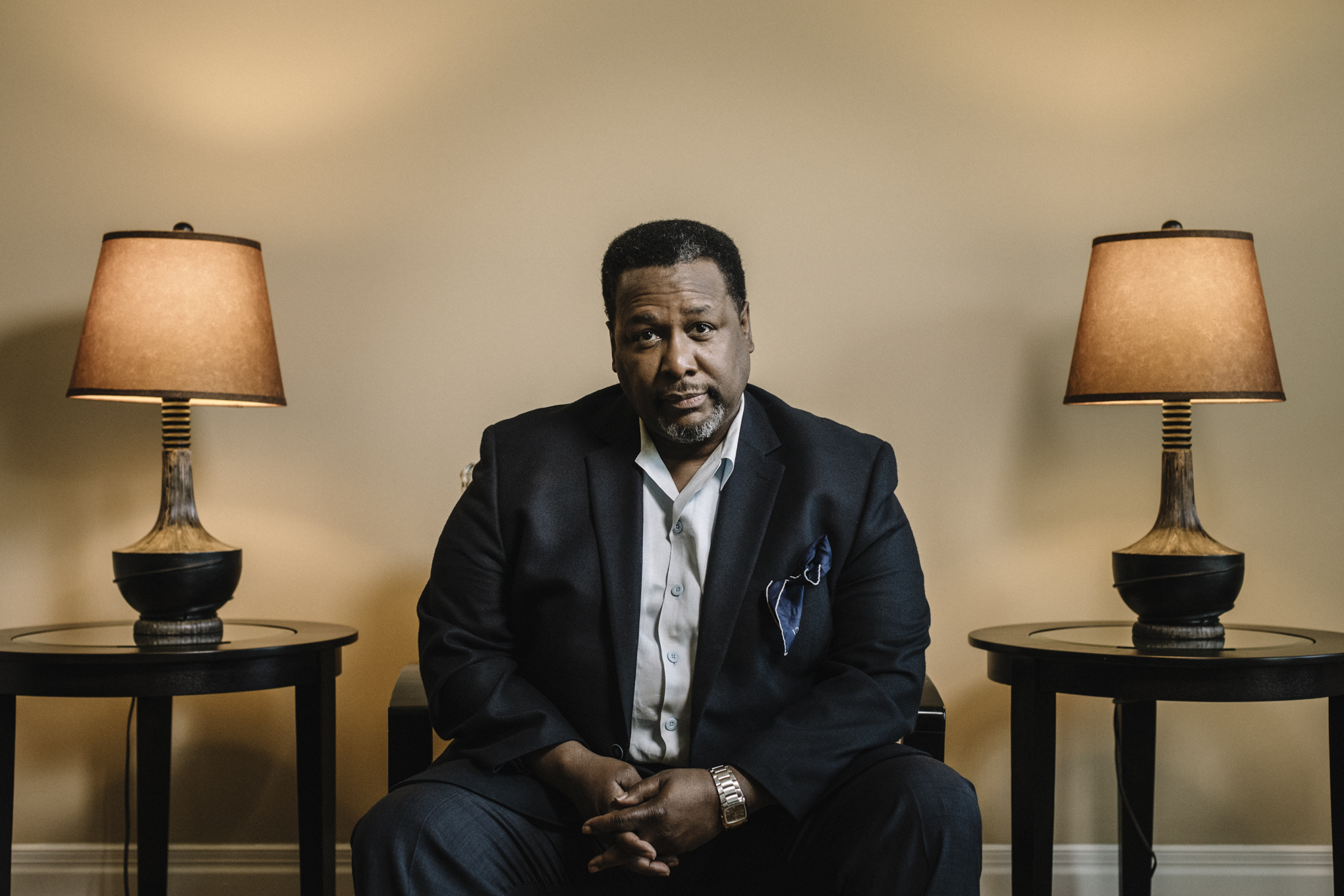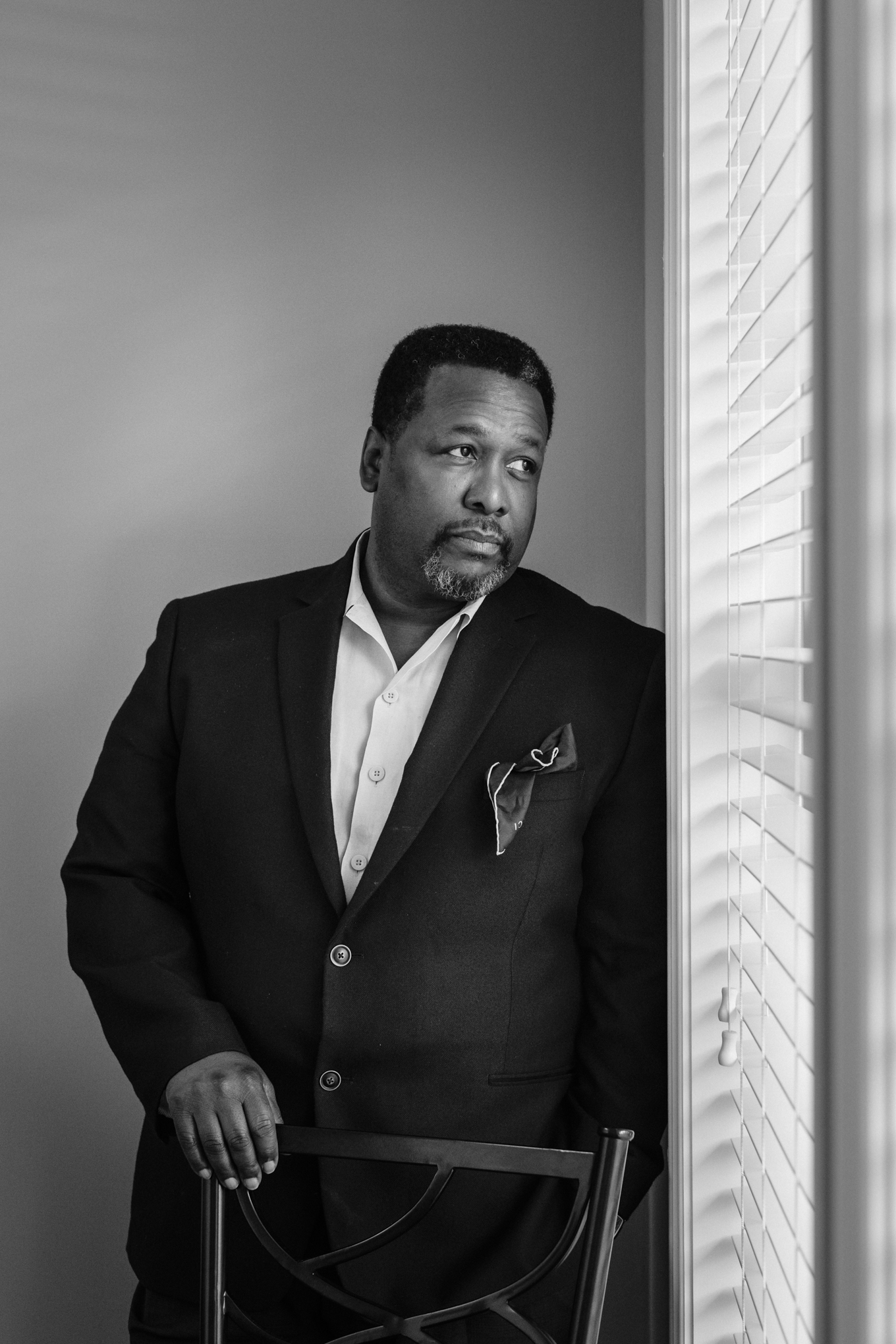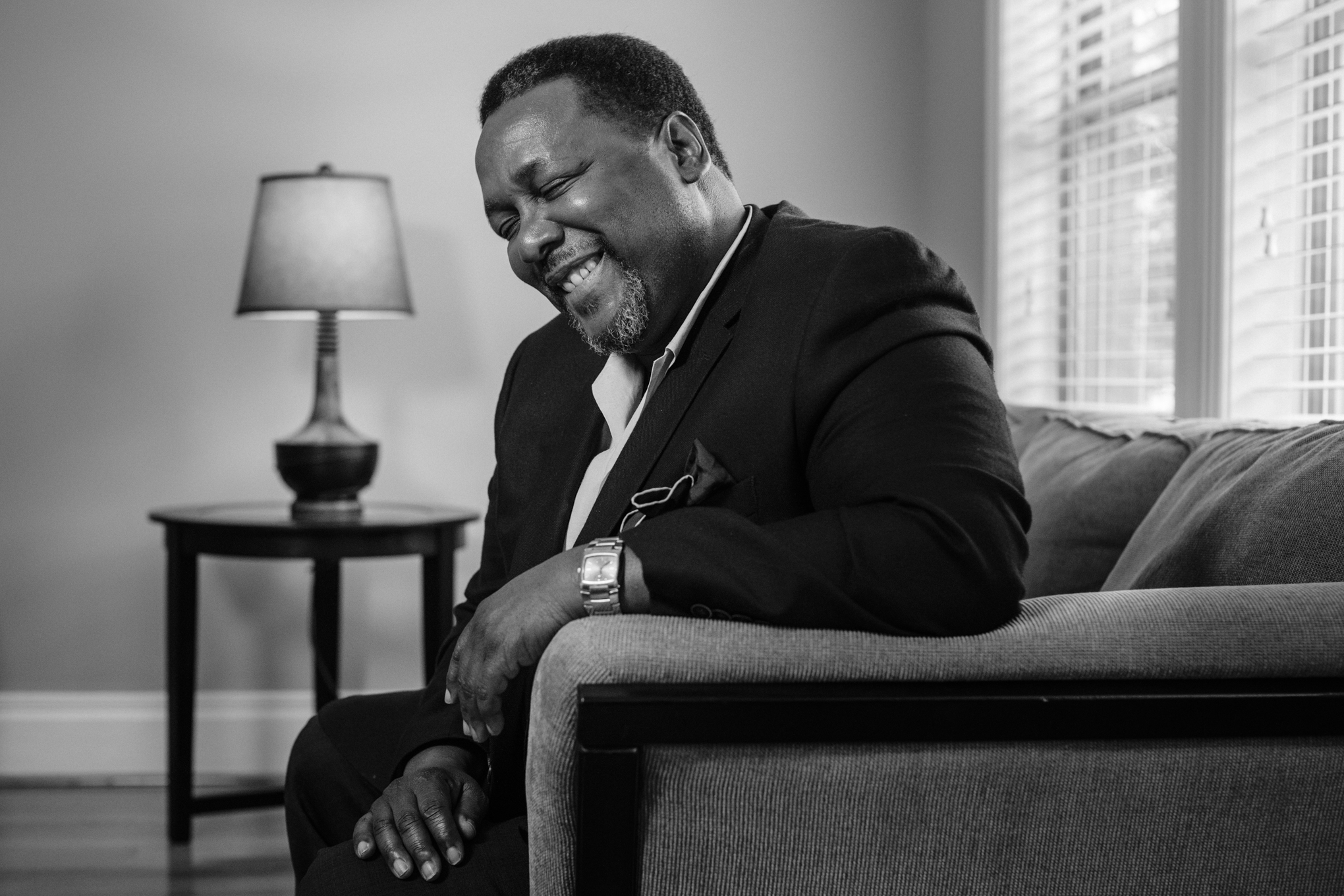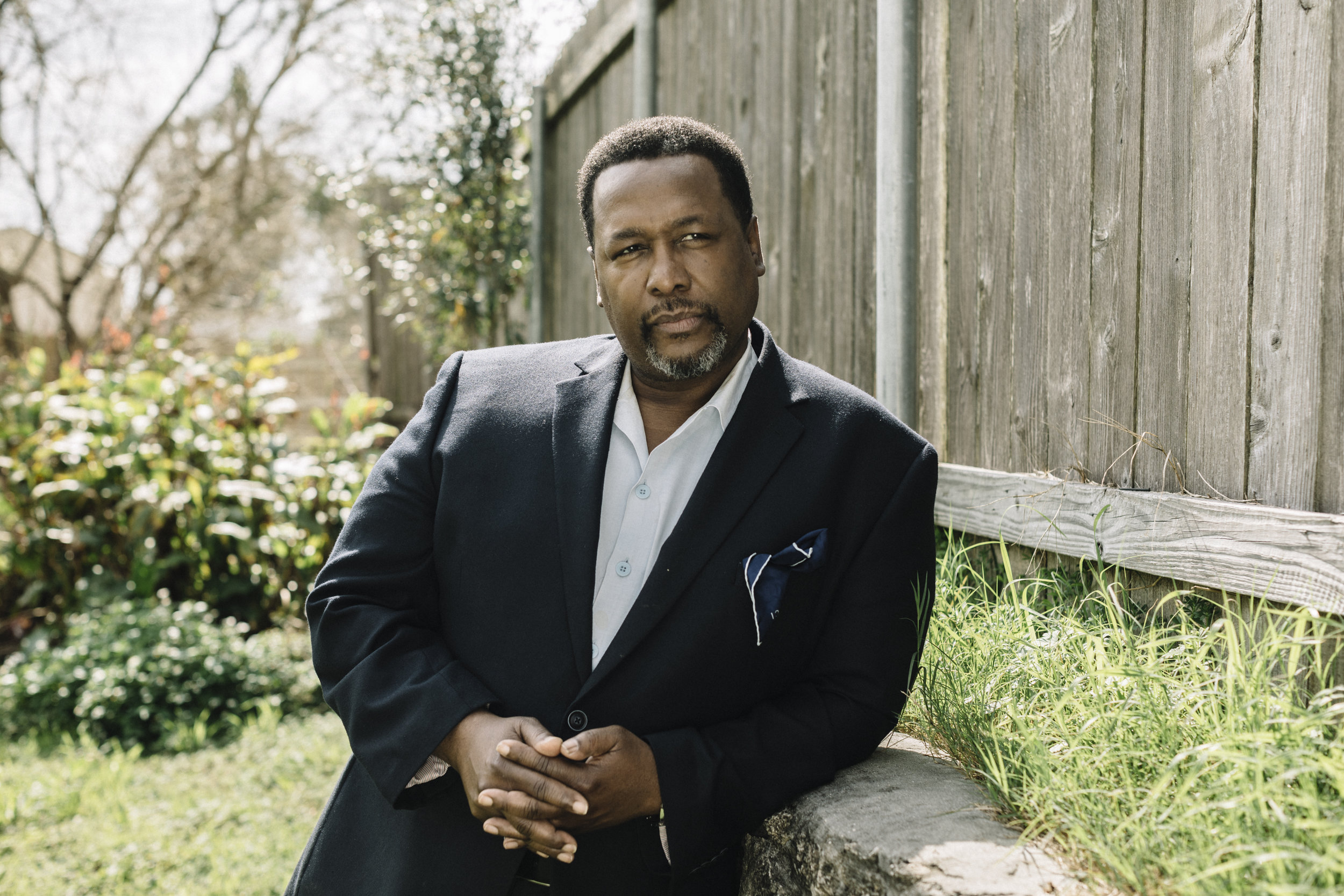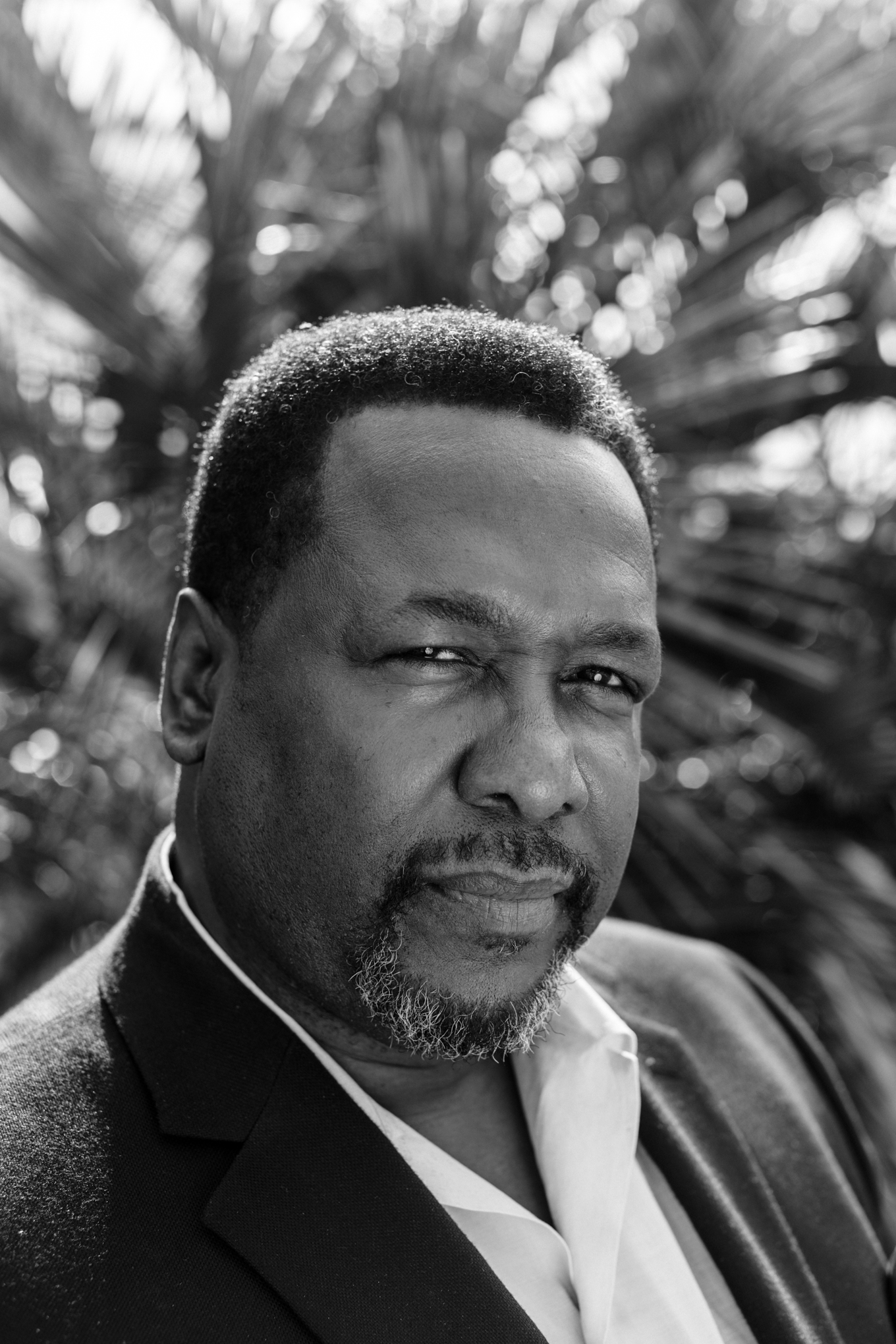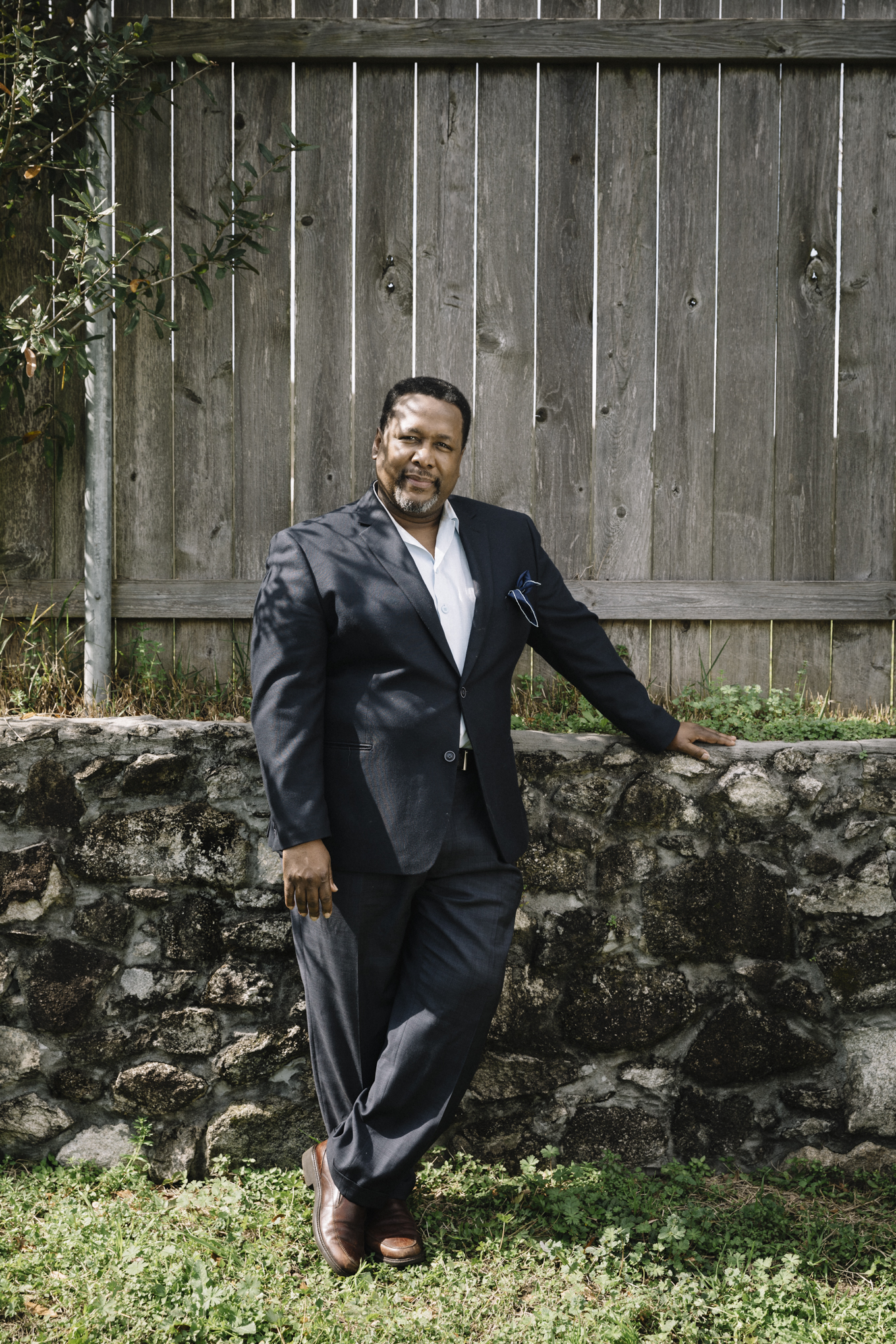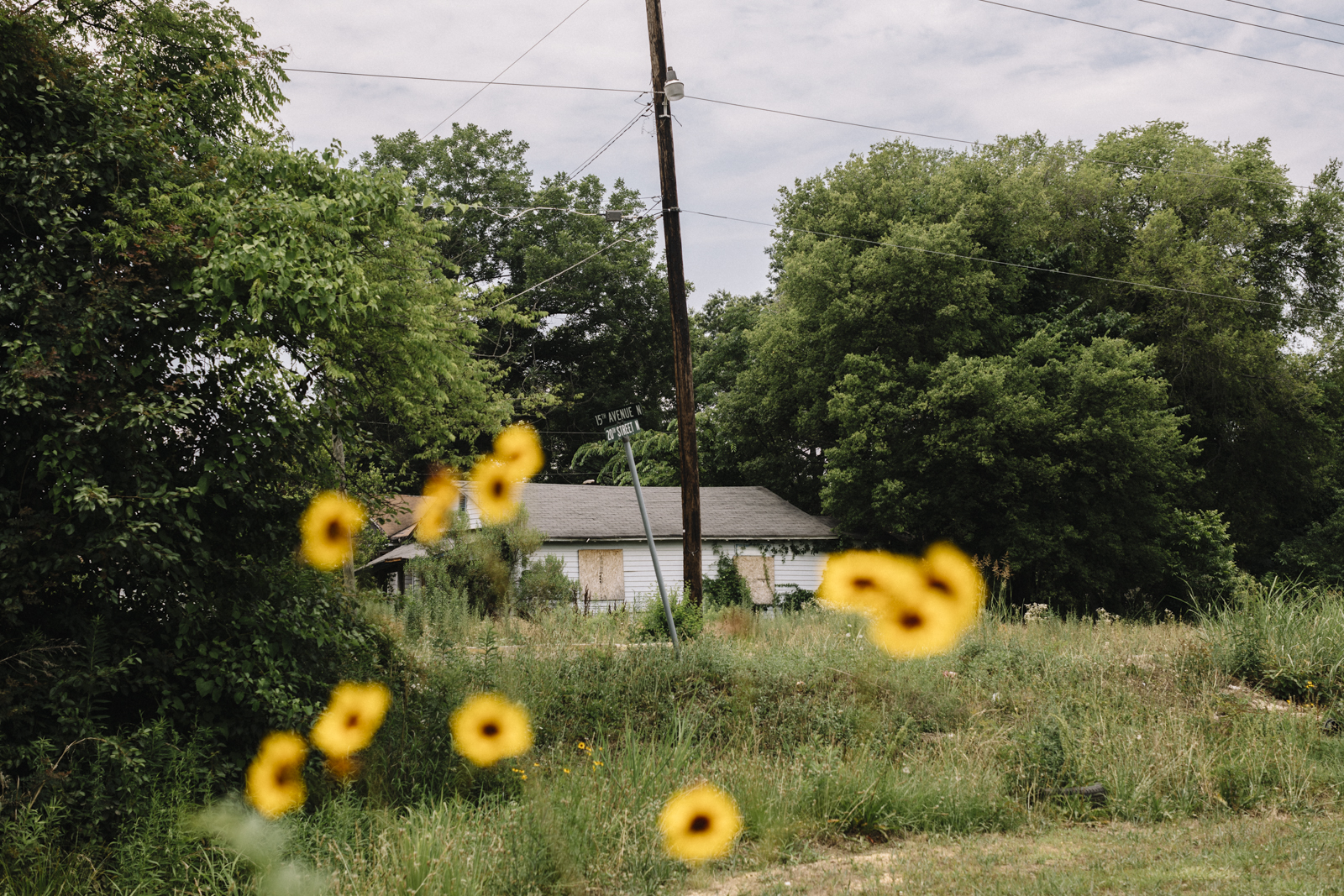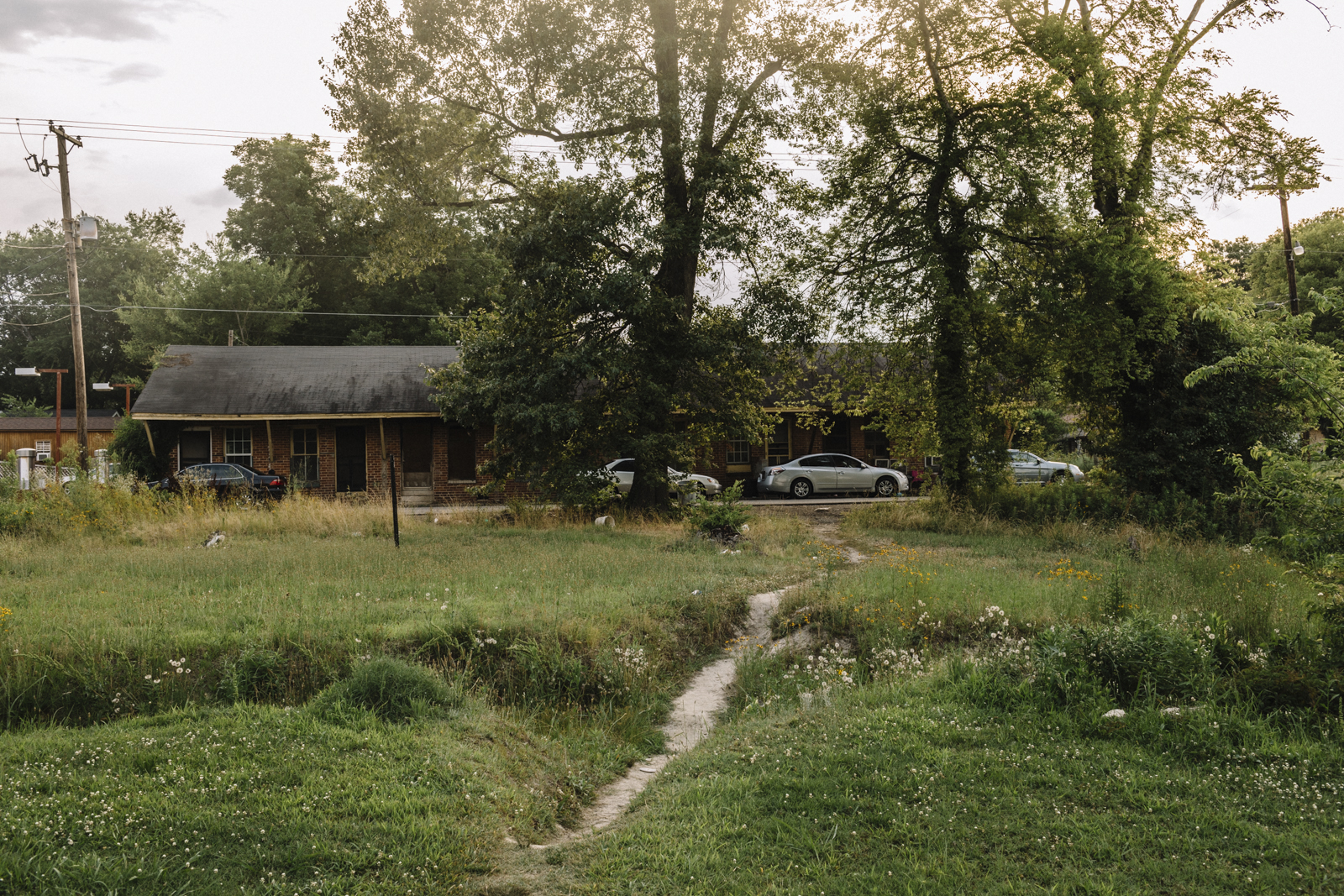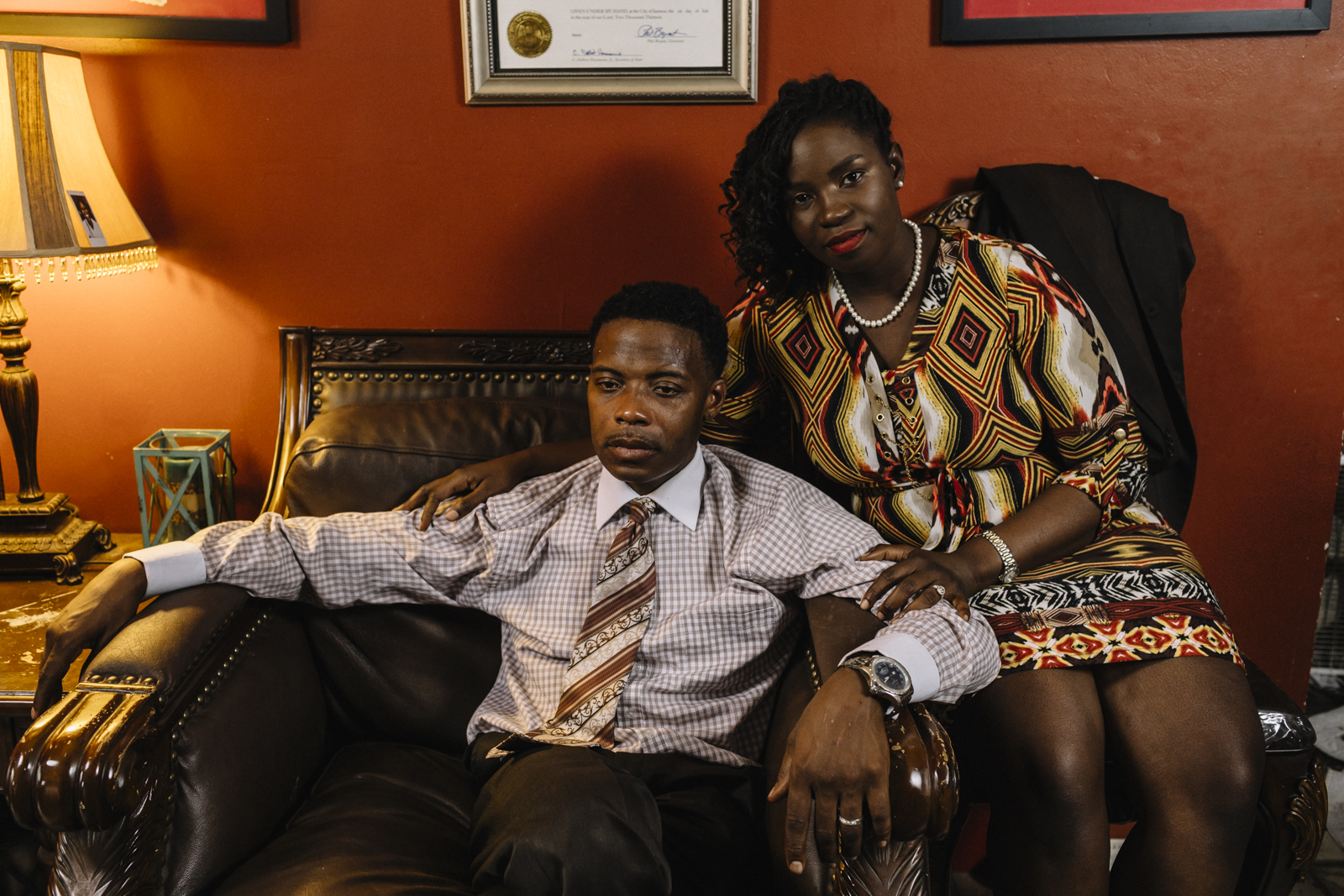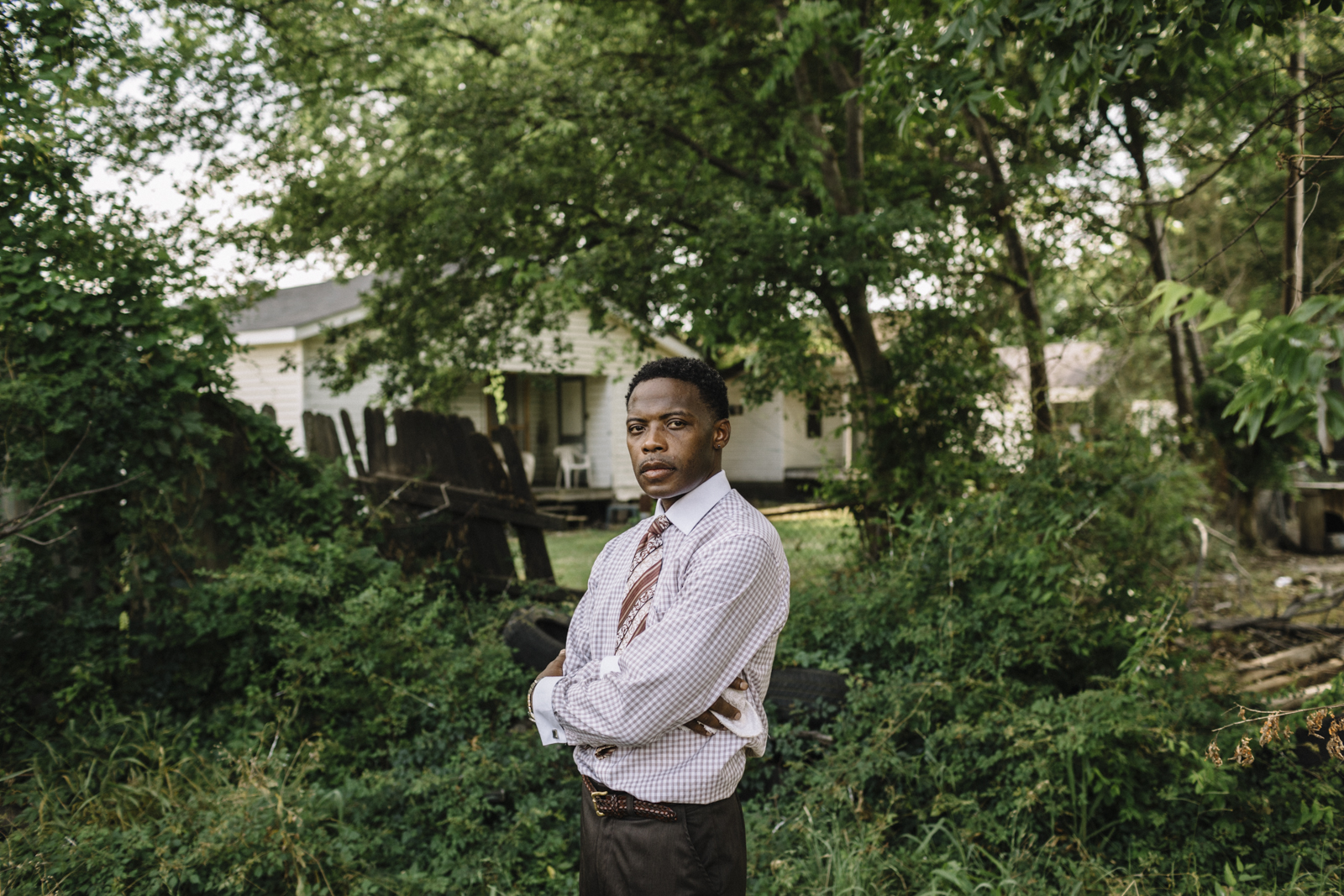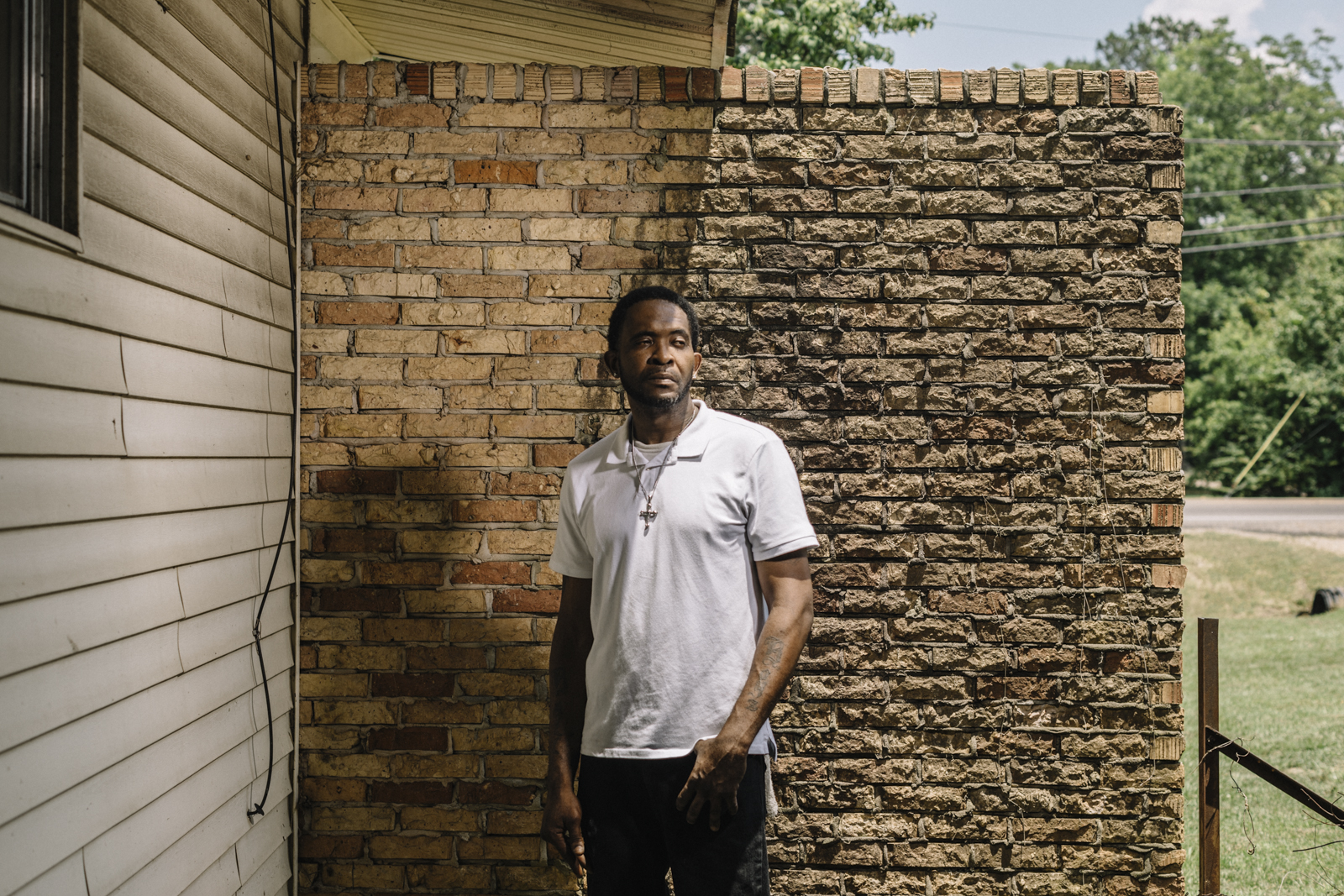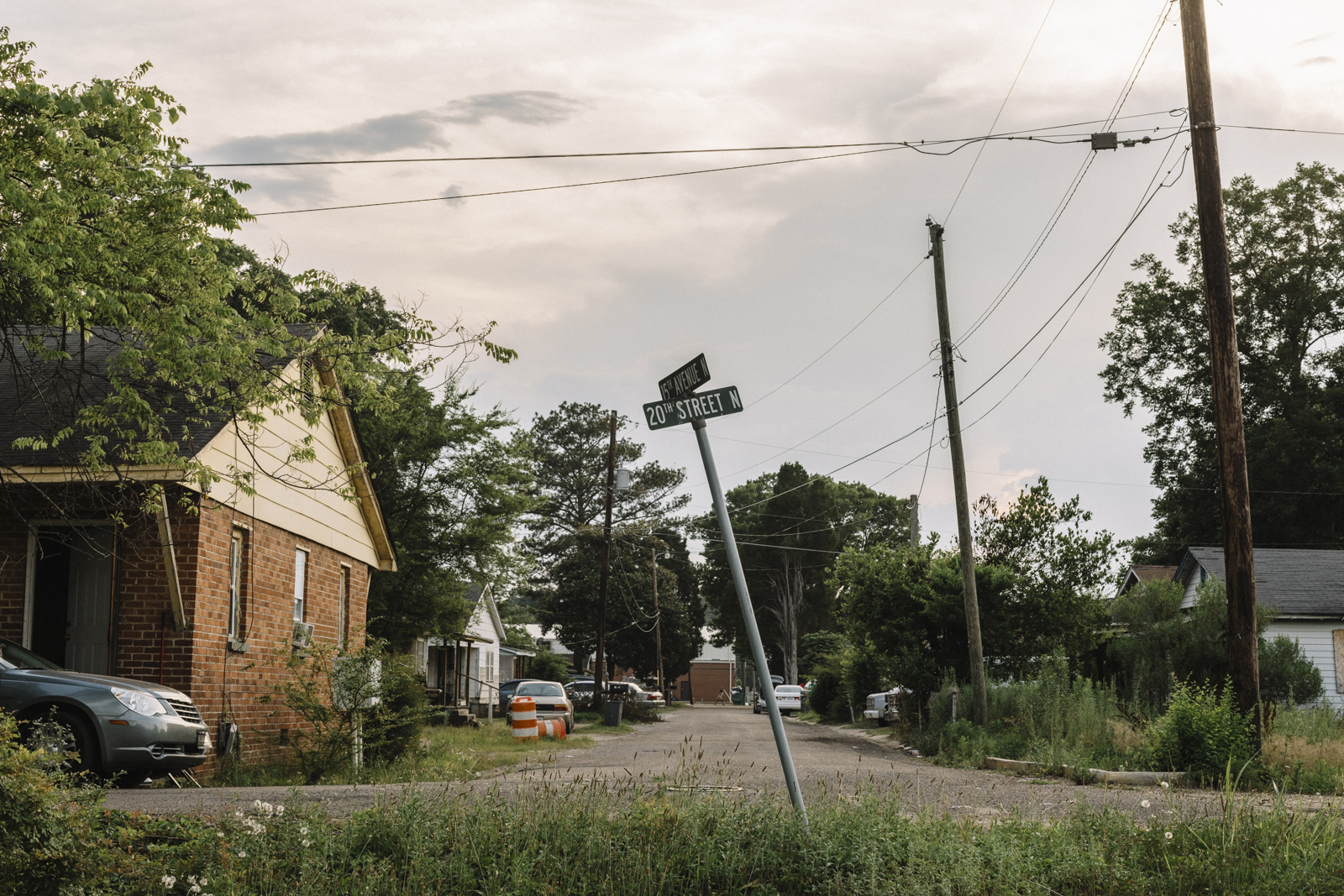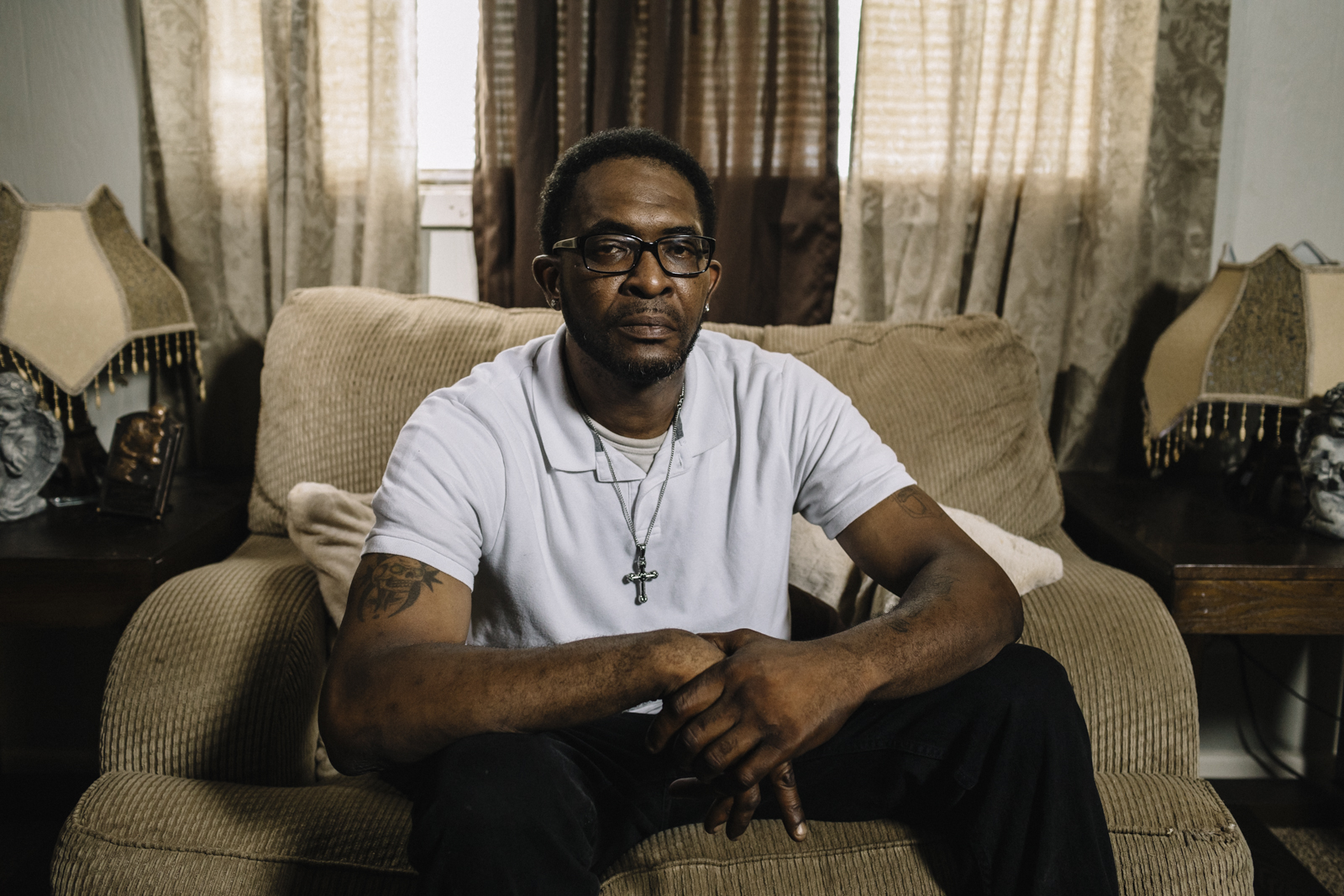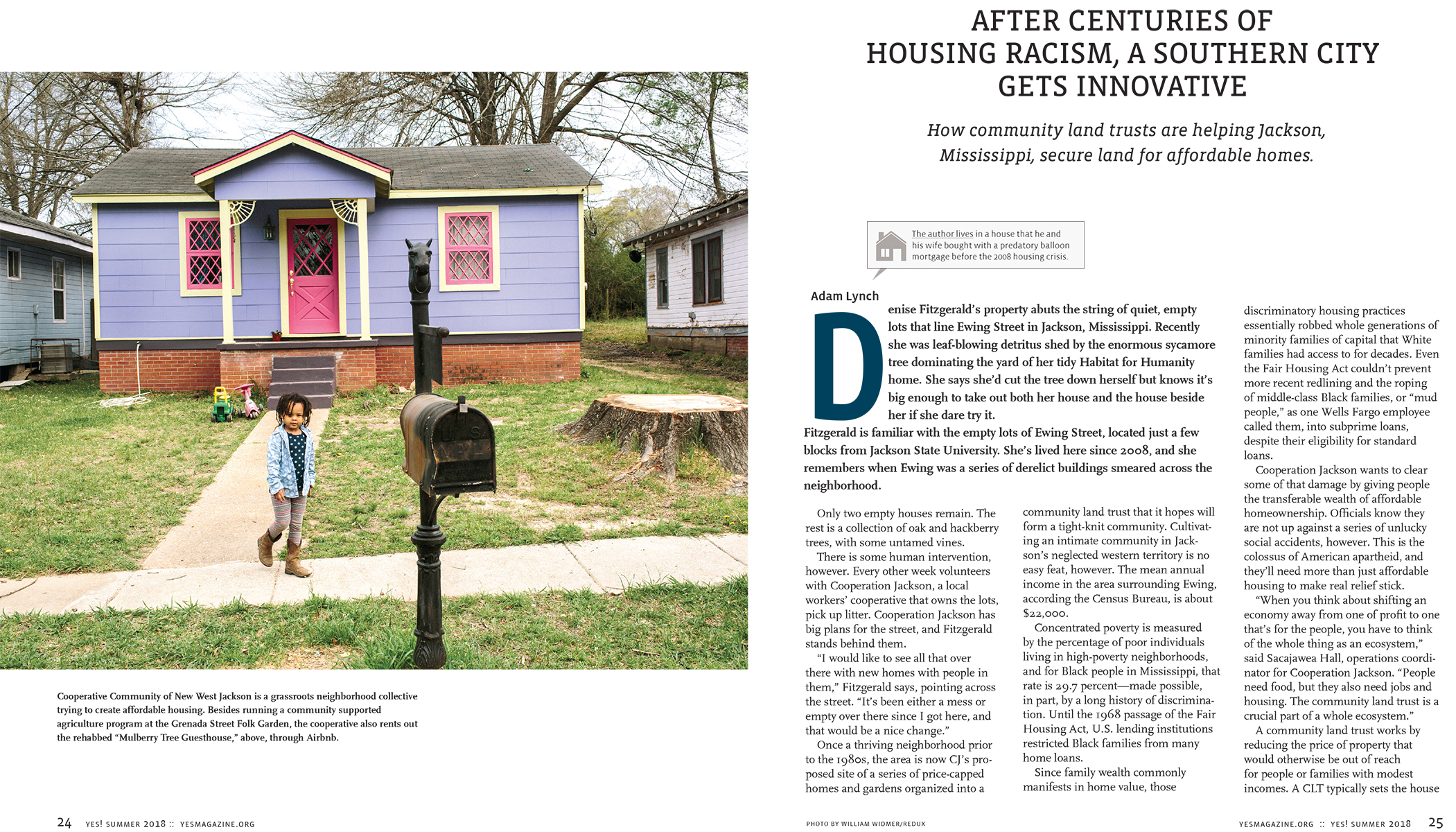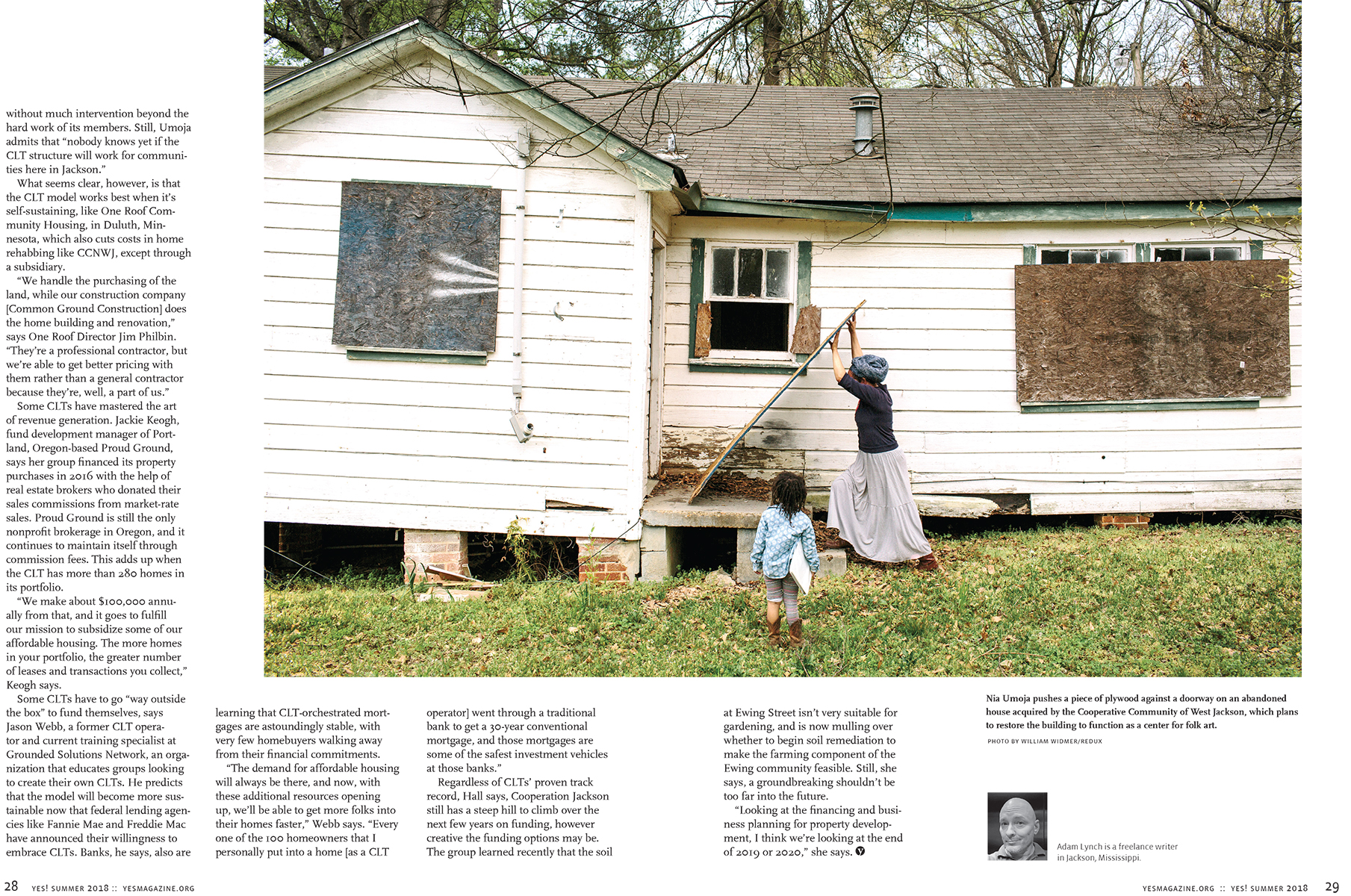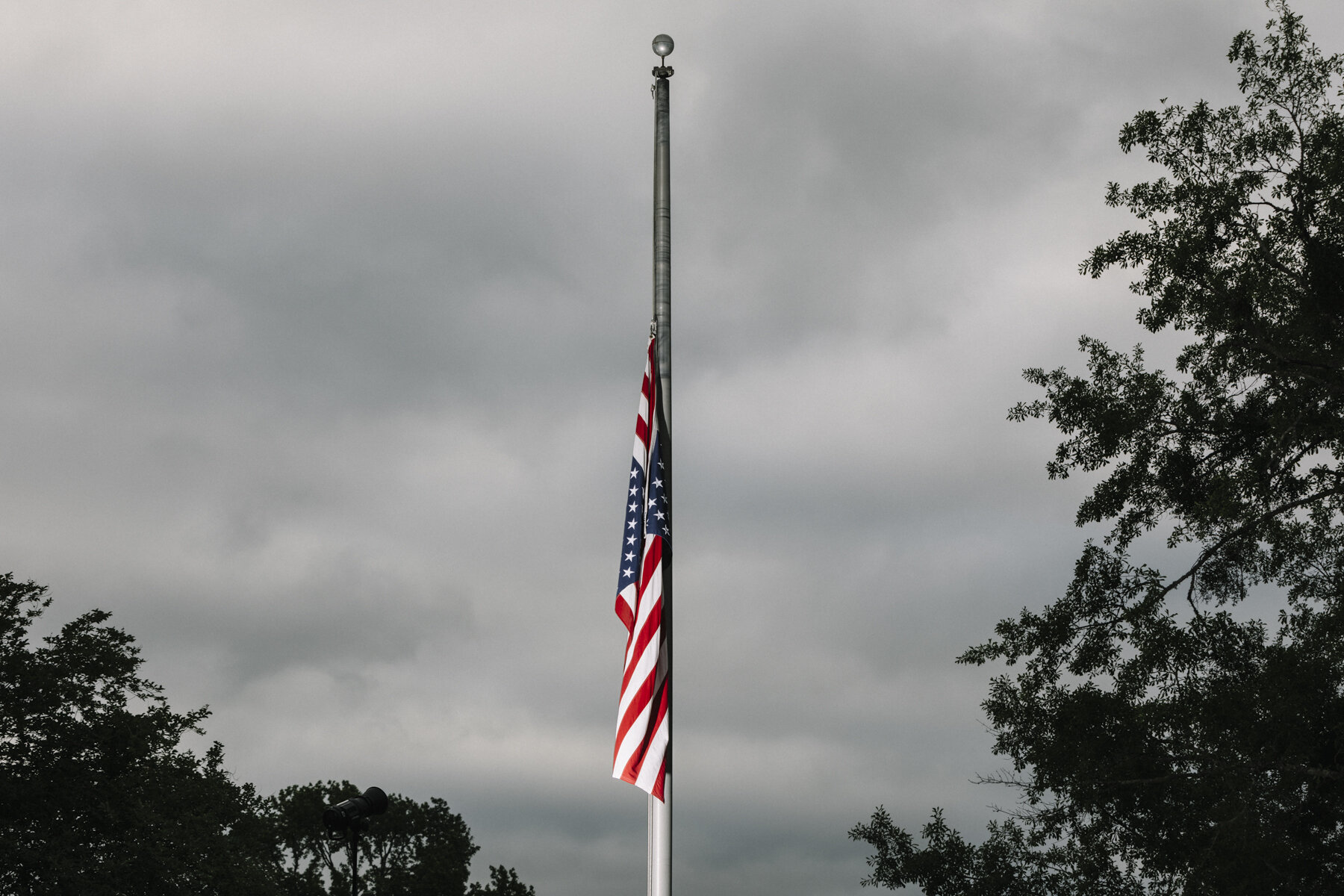
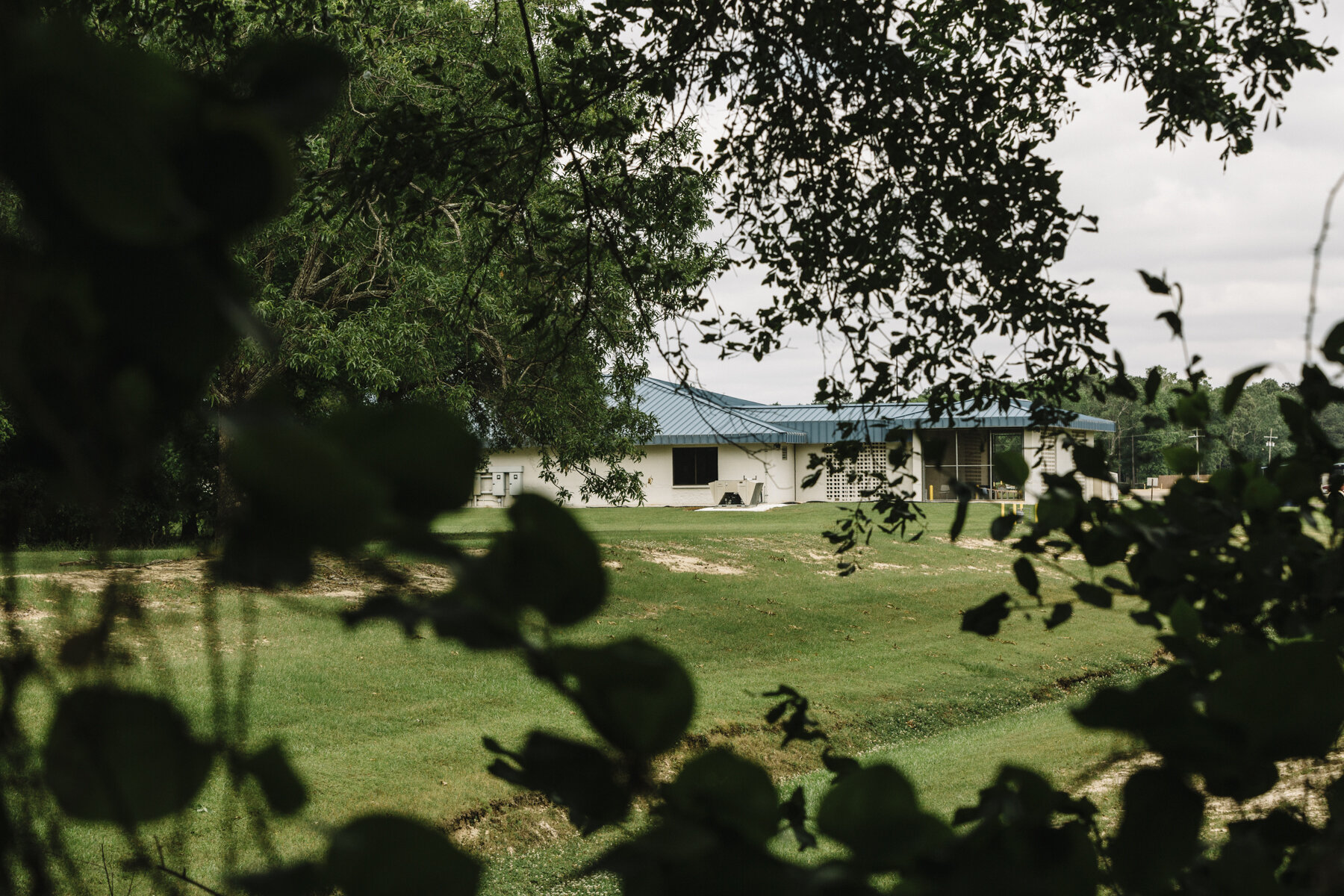



In Oakdale, Louisiana, the Federal Correctional Complex houses some 2,000 inmates and employs close to 500 staff members in two low-security prisons. The last time I worked there was during the government shutdown last year, when many of the prison staff saw their paychecks vanish overnight — it’s the unfortunate lifeblood for a town of fewer than 8,000 people. Now, the prisons at Oakdale are experiencing an alarming coronavirus outbreak.
"By the third week of April, seven Oakdale inmates had died. At least 100 inmates and staff members had been infected, with more than 20 hospitalized, as confusion, fear and anger gripped the interconnected community of inmates, officials, workers, family members and loved ones."
I photographed a few of the people - the mayor, the union president, and a prison employee - that writer Janet Reitman interviewed for a terrifying oral history of the first fatal outbreak of COVID-19 in the federal prison system, which published in The New York Times Magazine last week.
———-
‘Something Is Going to Explode’: When Coronavirus Strikes a Prison
An oral history of the first fatal outbreak in the federal prison system, in Oakdale, La.

